of Library and Information Science
The Swedish School of Library and Information Science (SSLIS) is developed in close interaction with the global society around us.
More about our research.
Jump to main contentThe Swedish School of Library and Information Science (SSLIS) is developed in close interaction with the global society around us.
More about our researchInformation Research is a freely available, international, scholarly journal, dedicated to making accessible the results of research across a wide range of information-related disciplines. It was established in 1995 by Professor T.D. Wilson, Professor Emeritus of the University of Sheffield and subsequently Senior Professor, University of Borås. It is now published by the Swedish School of Library and Information Science, University of Borås, Sweden.
To the journal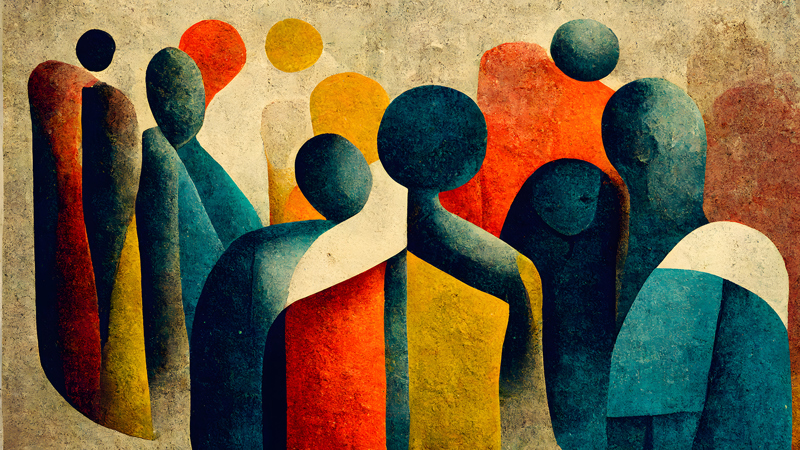
With the broader ambition of Equal Opportunities for All, the Centre for Inclusive Studies aims to promote and enable research and innovation that relate to issues of Inclusion, Participation, Accessibility, and Equality.
Read more about INCLUDE – Centre for Inclusive Studies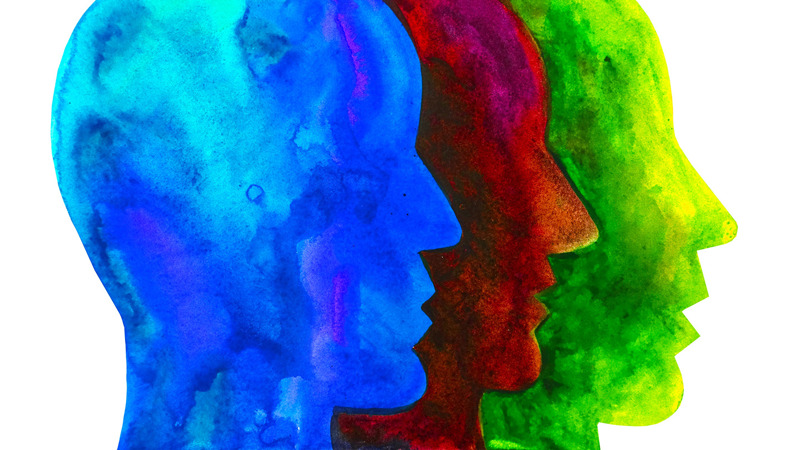
The Centre for Cultural Policy Research work is based in the university's vision of Science for the Professions. We seek to play a key role in the growing field of research and practice in the field of cultural politics in the broadest sense.
Read more about The Centre for Cultural Policy Research (KPC)
The research group Information Practices and Digital Cultures acts as a dynamic cluster bringing together researchers at the Swedish School of Library and Information Science, whose work concerns people‘s engagement with information in different practices, roles, or institutions and the implications of digital cultures for how information and knowledge are shaped in contemporary society.
Read more about Information Practices and Digital Cultures
Studies of (public) libraries’ current and historical conditions in different respects, cultural policy change processes, and cultural mediation and citizen involvement; these three themes gather the members of this research group.
Read more about Culture, Library, Politics
The Knowledge infrastructures research group (KIR) focuses on how information and knowledge is generated, maintained, shared and transferred.
Read more about Knowledge infrastructures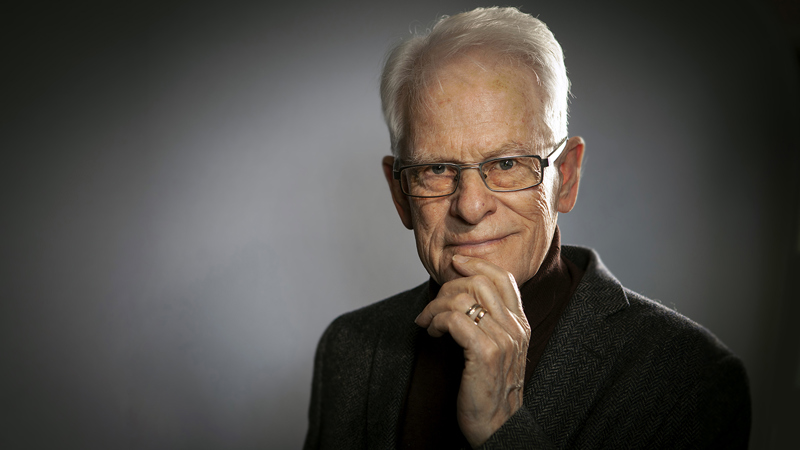
2024-04-15
Ingvar Carlsson has been appointed Honorary Doctor of Library and Information Science at the University of Borås. He is as forthright and determined today as when he held the post of Prime Minister of Sweden, and in his new role, he highlights the importance of protecting democracy, equality, freedom of expression, and the rule of law.
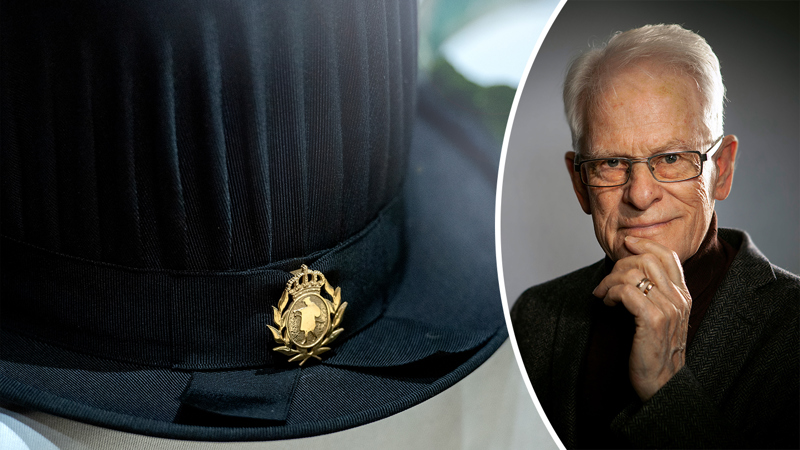
2024-02-28
It has now been announced who will be honoured with the title of Honorary Doctor: Former Prime Minister Ingvar Carlsson, entrepreneur and investor Staffan Hillberg, and Professor Xianyi Zeng of ENSAIT, University of Lille.

2023-12-19
“It is clear that society has failed in our environmental communication in some way. Today's advanced technology provides us with extensive information about the critical situation of the climate and about the seriousness of the reduction of biological diversity.” That's according to Jutta Haider, Professor of Library and Information Science at the Swedish School of Library and Information Science, who leads the sub-project "Information cultures, data, and technology in environmental communication" within the research programme Mistra Environmental Communication.
2023-10-23
Is it possible to tell something about a person from what is on their bookshelf? This is the question asked by Arvid Jakobsson, Court Librarian at the Bernadotte Library at the Royal Palace of Sweden, who has delved deep into the library of King Oskar II and has now defended his doctoral thesis From the depths to the heights: A biography of Oscar II's library. He has studied large parts of Oskar II's book collections, catalogues, notes, letters, and archival material. This type of comprehensive library history research has not been done before on a private library collection.
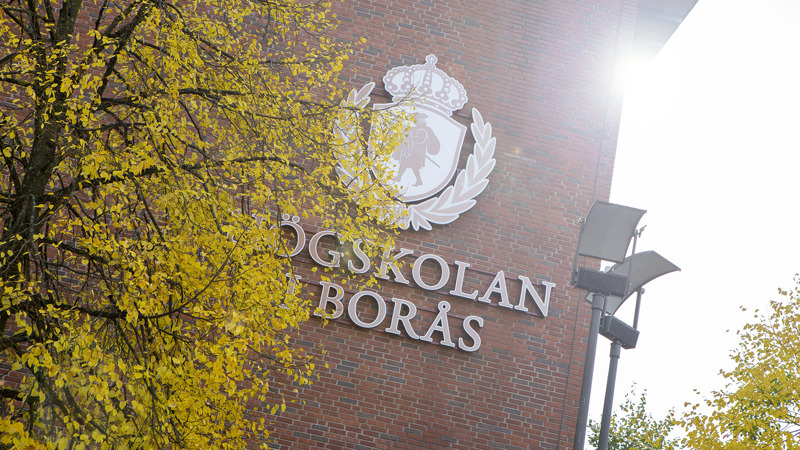
2023-10-16
Several of the university's researchers have once again been included in a prestigious international ranking of the most cited researchers in the world. This list was drawn up by researchers at Stanford University and published in October.
A large consortium of interdisciplinary experts from four continents is brought together to combat the threat of forest fires and improve forest resilience against climate change. Researchers at the Swedish School of Library and information Science contribute with research expertise in knowledge organization, information management, user studies and participatory methodology.
Our new Master´s programme starts autumn 2023. You study information from both a technical and theoretical perspective.
The program is suitable for those with a bachelor's degree in library and information science, information architecture, archival science, digital humanities, computer science, information systems, or a related field.
Read more about the programme: Information Science: Digital Environments.